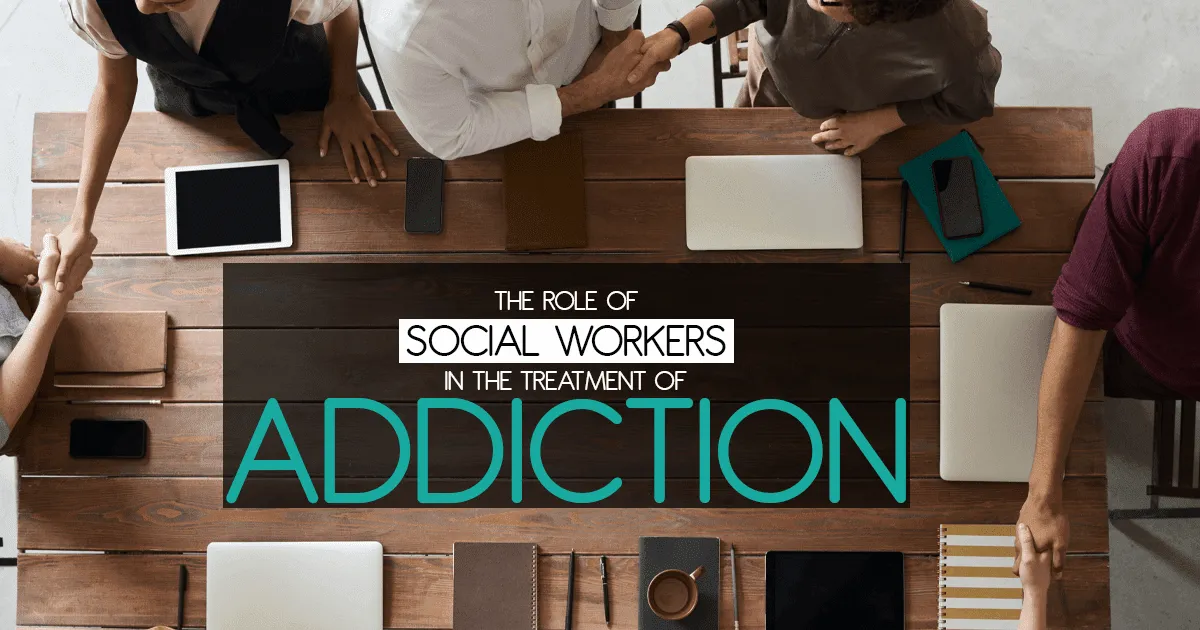Addiction doesn’t just affect one’s health or personal life—it can have a profound impact on a person’s career, reputation, and professional growth. Whether it’s substance addiction, gambling, gaming, or even work-related burnout turning into unhealthy coping habits, addiction can quietly erode focus, motivation, and trust in the workplace.
Fortunately, with the right support and addiction counselling, recovery is possible—not just from the addiction itself, but from the professional and emotional damage it leaves behind.
AD
1. How Addiction Impacts Job Performance
Addiction often begins subtly—an extra drink after work, late-night gaming sessions, or reliance on prescription medication to “get through the day.” Over time, however, these habits can start to interfere with work performance and reliability.
Common signs that addiction is affecting one’s career include:
- Declining productivity and focus: Addiction disrupts concentration, memory, and decision-making.
- Absenteeism and lateness: Withdrawal symptoms or aftereffects often lead to missed work or poor punctuality.
- Neglected responsibilities: Deadlines get missed, and important tasks are forgotten.
- Mood swings and irritability: Emotional instability caused by substance dependence can strain workplace relationships.
Even for high-achieving professionals, addiction can quietly erode the very traits that once made them successful—discipline, motivation, and clarity.
2. Damage to Professional Relationships and Reputation
In most workplaces, trust and teamwork are key. Unfortunately, addiction can gradually damage that trust. Colleagues may begin to notice changes in behavior—such as secrecy, emotional withdrawal, or inconsistent performance.
This can lead to tension, misunderstandings, and loss of credibility. In more severe cases, it can result in disciplinary action, suspension, or even job loss. For those in leadership or client-facing roles, the stakes are even higher—a single incident linked to substance use or erratic behavior can have lasting consequences on one’s professional image.
Rebuilding that reputation takes time and commitment—but it’s entirely possible with the right therapeutic guidance.
3. The Emotional Toll of Addiction on Career Ambitions
Addiction doesn’t only impact external success; it affects how individuals feel about themselves and their abilities. Many people struggling with addiction experience guilt, shame, and hopelessness—feelings that often make it harder to seek help or perform confidently at work.
These emotions can lead to a vicious cycle: the more one feels unworthy or anxious about work, the more they turn to addictive behaviors for relief. Over time, career goals start to feel out of reach, and self-doubt replaces ambition.
That’s where an addiction therapist near me comes in—to help break this cycle and restore not only functioning, but also self-belief.
4. The Role of Addiction Counselling in Recovery and Career Rebuilding
Addiction counselling is not just about stopping the addictive behavior—it’s about addressing the root causes, rebuilding coping mechanisms, and restoring one’s sense of purpose. Here’s how professional counselling helps individuals get their careers back on track:
a. Understanding the Root Cause
Counsellors help clients explore the underlying issues that drive addiction—such as stress, anxiety, perfectionism, trauma, or dissatisfaction with work. Understanding the “why” behind addiction is the first step toward meaningful recovery.
b. Building Healthier Coping Strategies
Many people turn to substances or behaviors as a way to escape pressure. Counselling introduces healthier alternatives—like mindfulness, exercise, communication skills, and stress management techniques—helping clients handle challenges without relapse.
c. Repairing Relationships and Reputation
Counsellors can also guide clients through the process of rebuilding professional relationships. This may include communication strategies, conflict resolution, and planning how to discuss recovery with employers or colleagues (if needed) in a professional and empowering way.
d. Setting Career Goals for the Future
Once stability is regained, counsellors often help clients redefine their career goals. For some, this means returning to their previous job with renewed focus; for others, it may involve pursuing a new direction that aligns better with their values and mental well-being.
5. The Connection Between Career Counselling and Addiction Recovery
In some cases, Career Counsellor North Vancouver works hand in hand with addiction therapy. After recovery, individuals often face questions like:
- How do I explain employment gaps caused by addiction?
- What career path will best support my mental health?
- How can I balance ambition with recovery stability?
A combination of addiction and career counselling helps address these concerns—focusing on rebuilding confidence, setting realistic goals, and creating a sustainable work-life balance.
By aligning career choices with personal growth and well-being, individuals can prevent relapse and rediscover a sense of purpose in their professional lives.
6. Moving Forward: Recovery and Growth Are Possible
Addiction can be devastating—but it doesn’t have to define your career. Many successful professionals have faced similar struggles and come out stronger through counselling, rehabilitation, and support networks.
The journey begins with acknowledging the problem and reaching out for help. A professional addiction counsellor provides a safe, confidential space to talk about your experiences and map out a plan for both personal and professional recovery.
With the right guidance, you can rebuild trust, restore confidence, and return to your career stronger than before—this time with the resilience and clarity that come from healing.
Final Thoughts
Addiction can quietly dismantle a career, but it doesn’t have to end it. The combination of addiction counselling and career support offers a pathway back—not just to employment, but to a healthier, more fulfilling professional life.
By choosing to seek help, you’re not admitting weakness—you’re showing the strength and determination to reclaim your future. Recovery isn’t about erasing the past; it’s about learning from it and building a career—and a life—you can be proud of.









